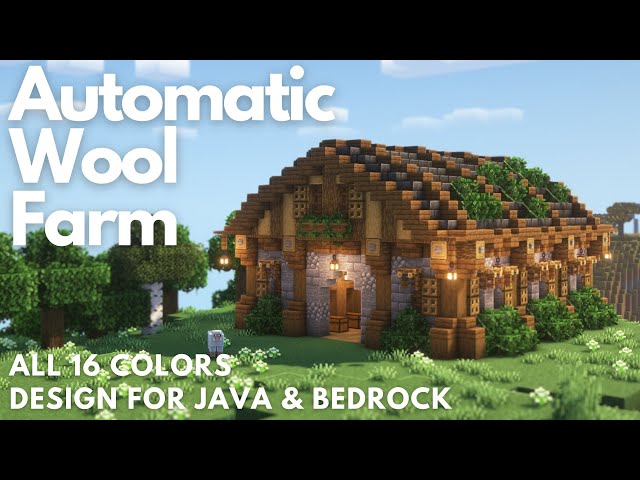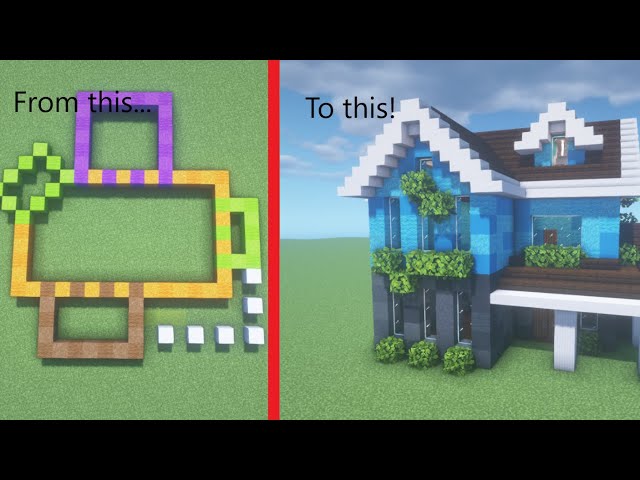Designing a house using wool primarily focuses on sustainable insulation. Here's a step-by-step professional guide:
Planning Stage
Research Wool Insulation: Understand types (batts, rolls, loose-fill), R-values, fire resistance (typically Class A), and vapor permeability.
Assess Climate: Wool excels in humid climates due to moisture management but requires proper detailing everywhere.

Calculate Requirements: Determine required R-values for walls, roof, and floor per local building codes and climate zone.
Material Specification
Choose Wool Type:
- Use batts/rolls for standard stud/joist cavities.
- Use loose-fill for attics or irregular spaces (requires netting/containment).
Key Properties:
- Density: Target ≥30 kg/m³ (batts) for optimal thermal performance.
- Thickness: Match to cavity depth (e.g., 90-140mm for walls, 200mm+ for roofs).
- Additives: Ensure borate treatment for pest/mold resistance.
Installation Steps
Prepare Structure:
- Ensure framing cavities are clean, dry, and clear of protrusions.
- Install a continuous air barrier (e.g., OSB sheathing with taped seams).
Install Wool Batts/Rolls:

- Cut wool 10-15mm wider/taller than cavity using sharp utility knife.
- Press firmly into cavity, ensuring no compression beyond 10%.
- Fill gaps completely around pipes/wires without gaps.
Install Loose-Fill Wool:
- Use blow-in machine or hand-fill to achieve required settled density.
- Maintain uniform depth with guide markers.
Air Sealing & Vapor Control:
- Seal all penetrations with acoustic sealant.
- Install a smart vapor retarder (e.g., variable-perm membrane) on warm side in cold/hybrid climates per manufacturer details.
Post-Installation
Inspection: Verify complete coverage, correct density, absence of gaps/compression before wall closure.
Cladding: Install interior finishes (plasterboard) and exterior cladding (brick, siding) with maintained drainage gap.
Maintenance Considerations
- Wool is durable but avoid prolonged saturation during construction.
- Ensure roof/wall systems effectively shed water and ventilate moisture.







